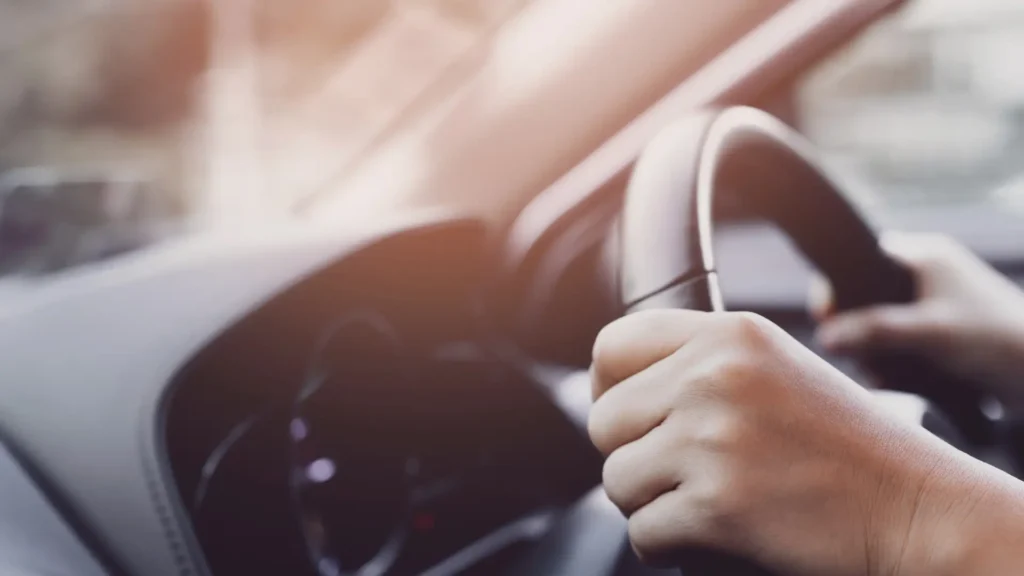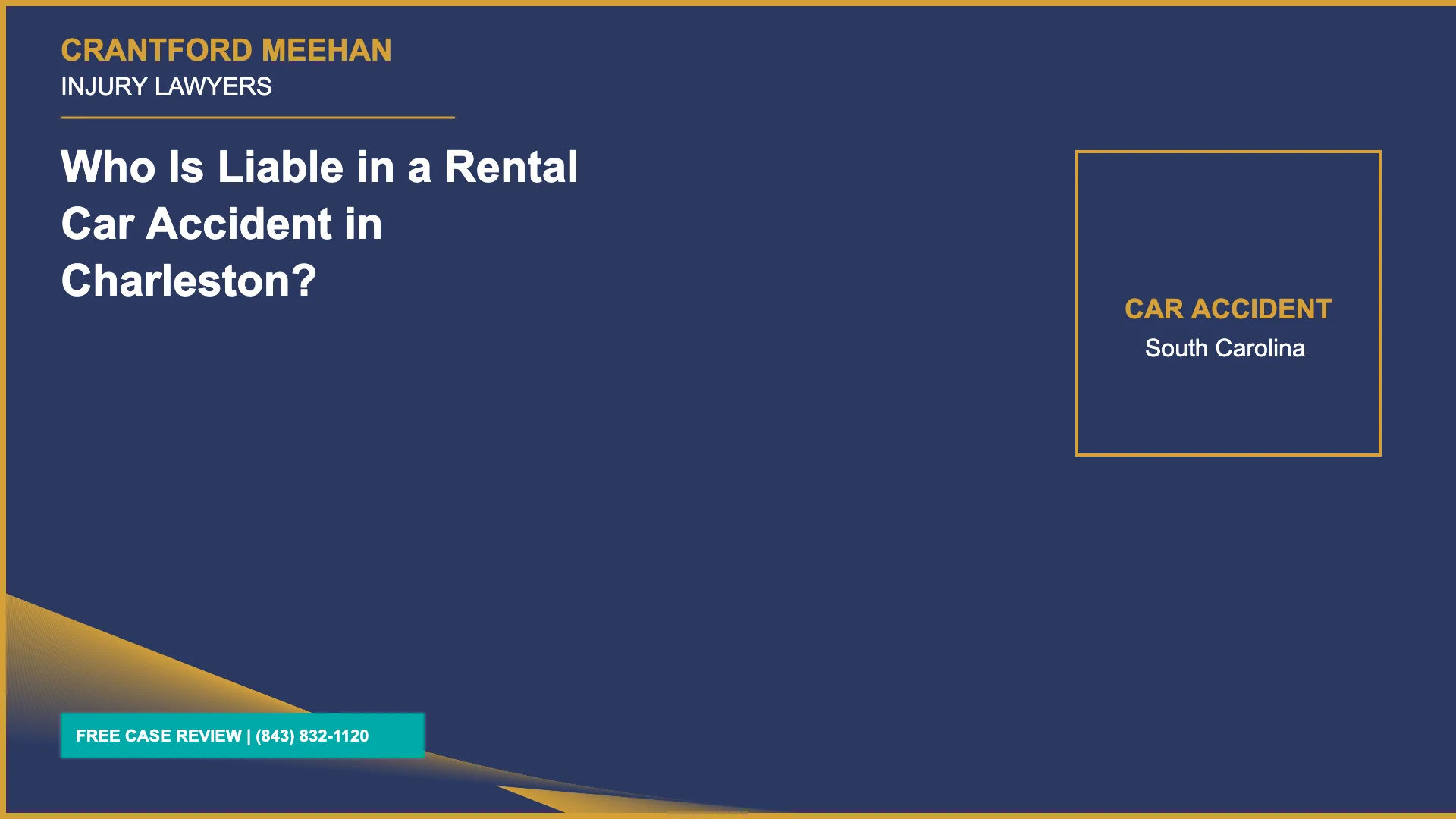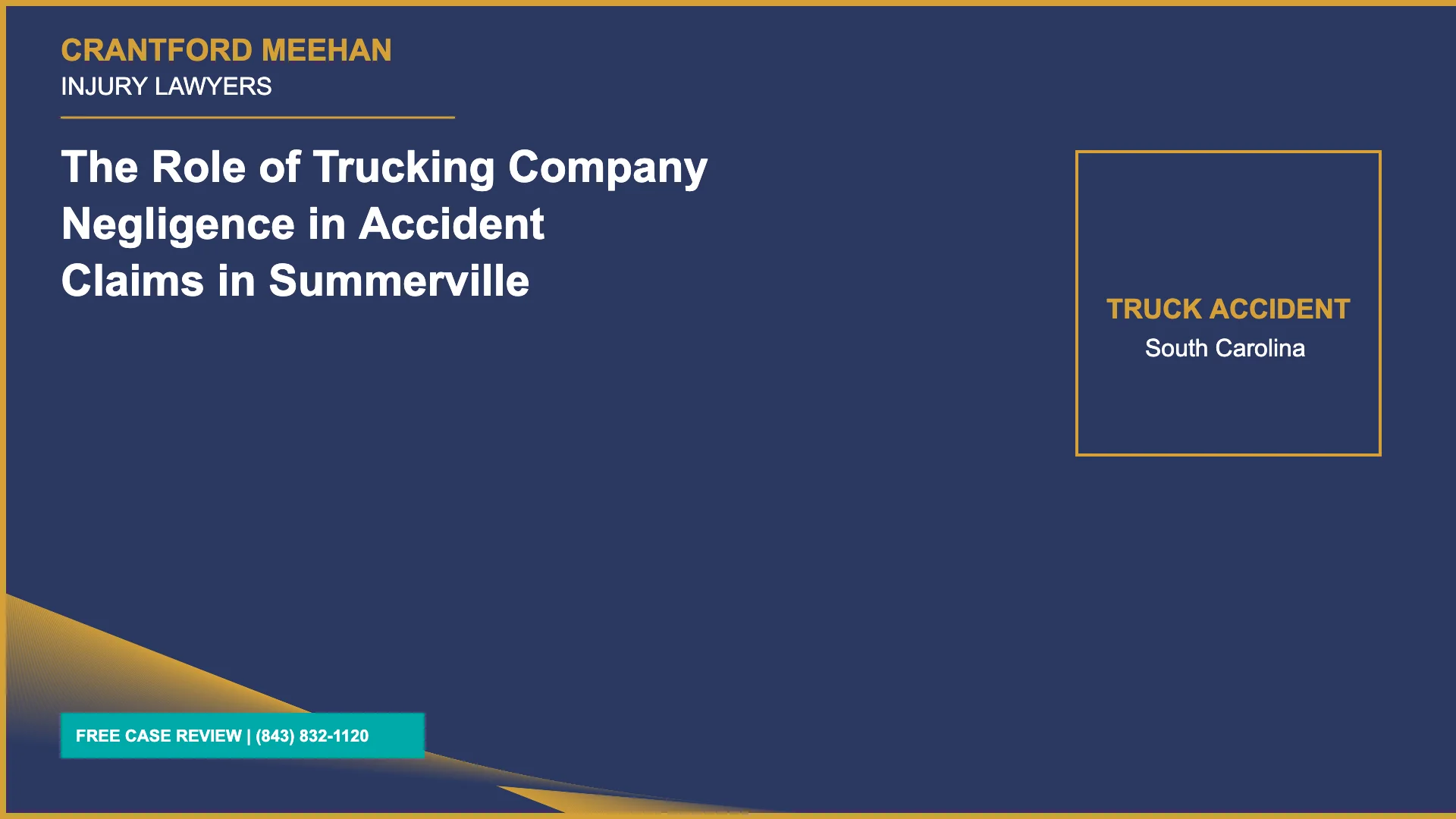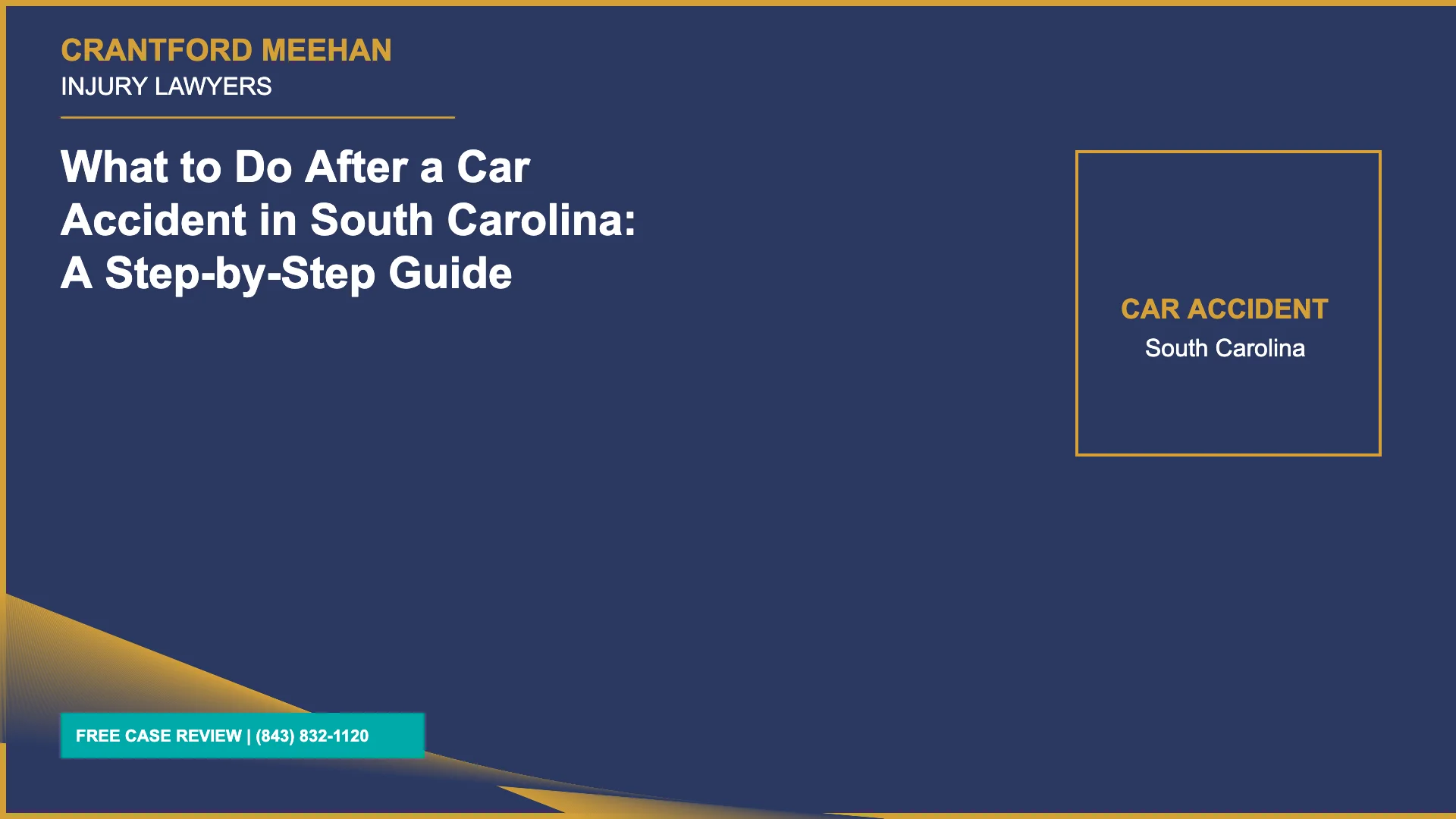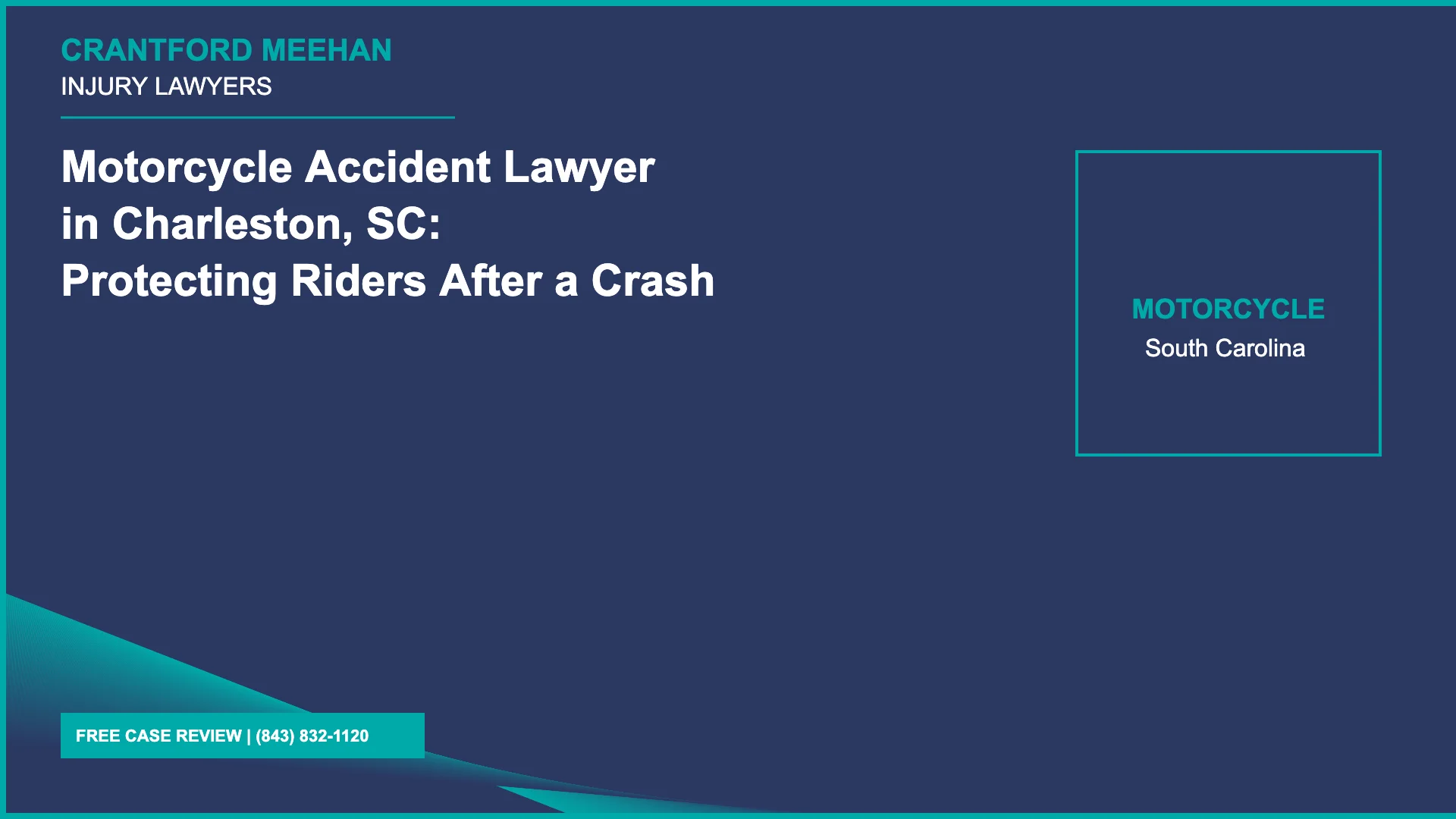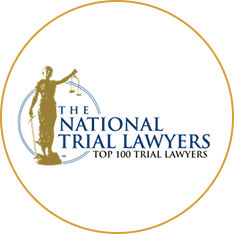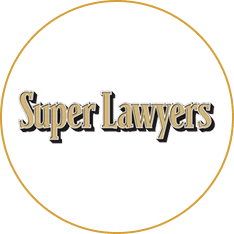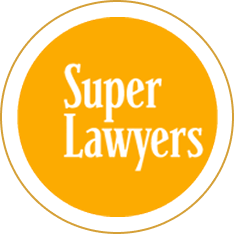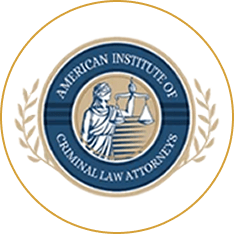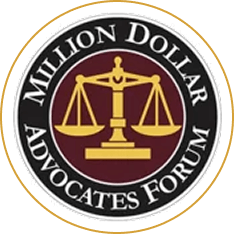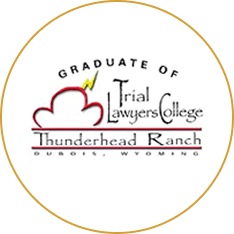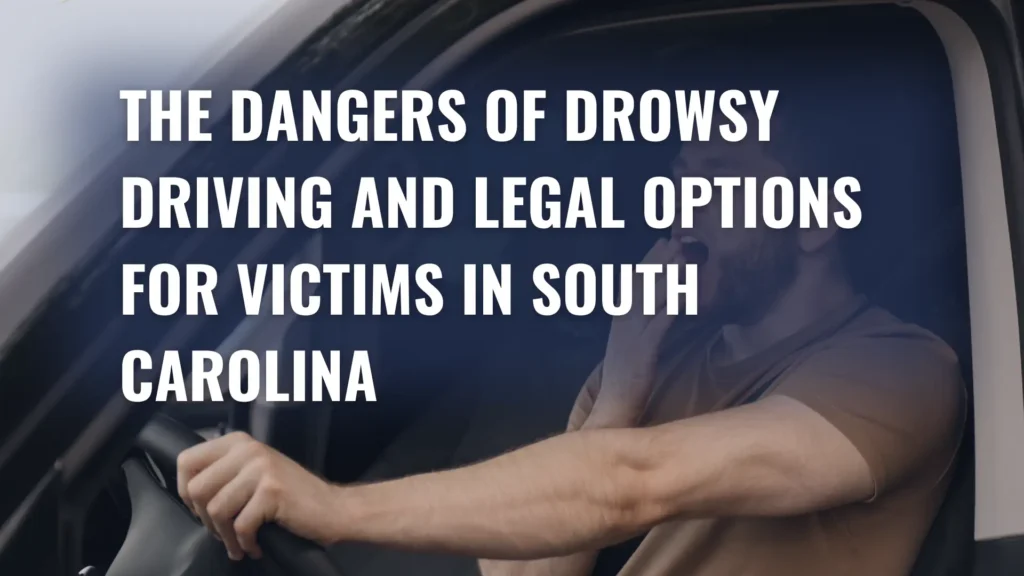
Safe driving takes tremendous effort and concentration. A driver who isn’t fully rested may not have the energy and mental stamina to keep themselves and others safe. Unfortunately, fatigued driving is a growing danger in South Carolina. That’s why our car accident attorneys want you to have all the necessary information about drowsy driving accident lawsuits.
What Is Drowsy Driving, and Why Is It Dangerous?
Drowsy driving happens when someone gets behind the wheel while they’re overly tired or struggling to stay awake. For example, the driver might be struggling due to long hours at their job, poor sleep, late-night driving, or taking certain medications.
Fatigue slows drivers’ reaction times, reduces their attention span, and impairs their judgment. Because of these factors, a drowsy driver might drift between lanes, miss traffic signals, or fail to notice stopped vehicles ahead.
Unlike drunk or distracted driving, there’s no clear test for drowsiness, making it harder to recognize and prevent. In some cases, drivers fall asleep completely, losing all control of their vehicle. Even closing one’s eyes for a few seconds at highway speed can lead to a deadly crash. Drowsy driving is especially dangerous at night, in rural areas, or on long, straight roads where drivers are more likely to lose focus.
Furthermore, drowsy driving accidents often happen without braking or swerving, leading to severe impacts. Victims may suffer serious injuries due to the force of the crash and the lack of warning. Drowsy drivers might not even realize how tired they are until it’s too late, putting themselves and everyone nearby at risk.
Given that there’s no physical test for drowsiness, how do you compare the dangers of drowsy driving to other accident risk factors? Well, recent research suggests that going more than 20 hours without sleep affects a driver’s abilities to the same degree as if they had a blood alcohol concentration of 0.08 percent or higher. That’s the legal limit in most of the U.S., meaning severely fatigued drivers are nearly as dangerous as intoxicated drivers.
Can You Sue Someone for a Drowsy Driving Accident?
You might think you can’t sue a drowsy driver because fatigue isn’t always in a driver’s control. However, that’s an incorrect view.
While drivers can’t always control their fatigue, they can recognize when they’re too tired to drive safely. Therefore, drivers who cause crashes because they were drowsy knowingly put themselves and others in danger. That fact makes them negligent and, accordingly, liable for the collision. (In legal terms, “negligence” means someone didn’t take reasonable steps to avoid causing an accident.)
How To Prove a Driver Was Drowsy or Fatigued
Proving a driver’s fatigue caused a crash (and your resulting injuries) can be difficult. An experienced car accident attorney can look for evidence that supports your case, such as:
- Witness statements – Passengers, bystanders, or other drivers may have seen the at-fault driver nodding off, swerving, or driving erratically.
- Lack of skid marks – Crashes without evidence of braking or swerving may suggest the driver fell asleep or failed to react in time.
- The accident time – Collisions that happen late at night or early morning may point to fatigue, especially if the driver works unusual hours. Work schedules showing the liable driver’s long hours, overnight shifts, or extended driving without rest can support your arguments.
- Surveillance or dashcam footage – Video from traffic, surveillance, or dashboard cameras may have captured the driver behaving erratically. Actions like drifting, delayed reactions, or other signs of fatigue can all indicate drowsiness.
- Phone and activity logs – Call records, GPS data, or text logs can help show how long the driver had been awake or on the road.
- Medical records or prescriptions – Certain medications cause drowsiness. Documentation that a driver used these meds may help link their fatigue to the crash.
- Black box data – Many modern cars have onboard computers that record the vehicle’s speed and other information. These event data recorders may reveal a lack of braking, inconsistent speeds, or other behavior suggesting the driver wasn’t fully alert.
What Compensation Can You Claim in a Drowsy Driving Lawsuit?
There are two main categories of compensation in a drowsy driving accident lawsuit. The first is your economic damages. (“Damages” is legalese for the compensation you receive in a lawsuit to make up for your losses from an accident.) Economic damages cover the crash’s direct financial costs, such as:
- Your lost income
- Your reduced future earnings due to an injury or disability
- Your current medical bills
- Your expected medical expenses
- The cost to repair or replace your car or other property damaged in the crash
The second main category of compensation in a drowsy driving accident lawsuit is your non-economic damages. Your non-economic damages compensate you for the collision’s intangible costs, including:
- Your pain and suffering
- Your emotional distress
- How your injuries affect your relationship with your spouse and other family members
When To Contact a Charleston Drowsy Driving Accident Lawyer
Critical evidence can fade within days or weeks of a drowsy driving accident, so you should contact an attorney immediately. They can investigate the collision, collect evidence, document your injuries, and handle settlement negotiations for you. Your attorney can also prepare your case for trial if the liable party and their insurer won’t offer a fair settlement.
The other vital deadline in these cases is South Carolina’s statute of limitations for personal injury lawsuits. Under state law, you must file a lawsuit within three years of an accident (in most circumstances). Missing this deadline will likely mean you can’t recover compensation for your injuries. Contacting an attorney immediately means they have ample time to gather evidence and build your case before that deadline passes.
Contact Our South Carolina Drowsy Driving Accident Attorneys
With over 30 years of experience in South Carolina and millions recovered for our clients, Crantford Meehan has what it takes to help you recover fair compensation. We don’t charge any fees unless we win, so there is no financial risk in asserting your rights. Call now or complete our contact form for a free consultation.
NATIONALLY RECOGNIZED LAW FIRM
REQUEST YOUR FREE CONSULTATION
GET THE HELP YOU NEED
Fill out the form below to get in touch with us!

